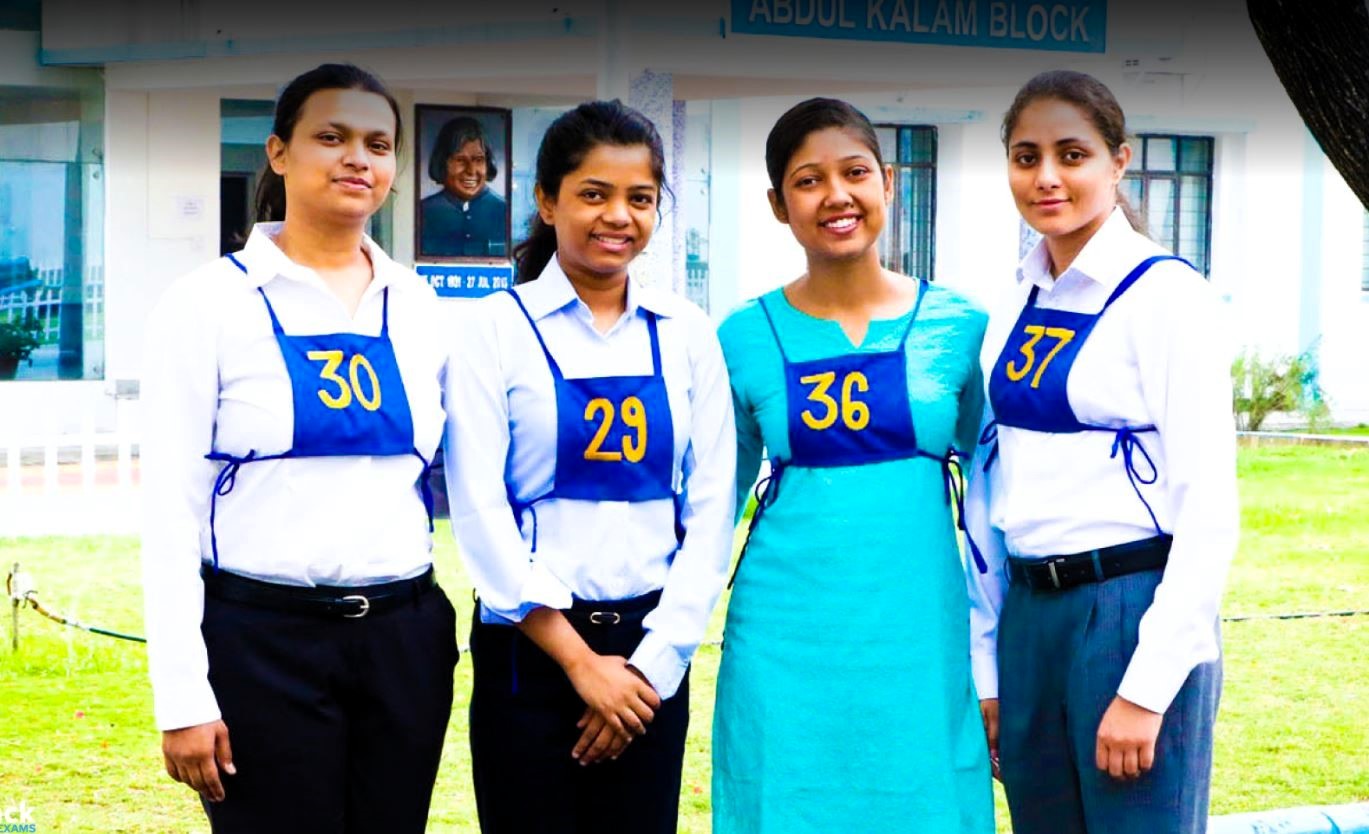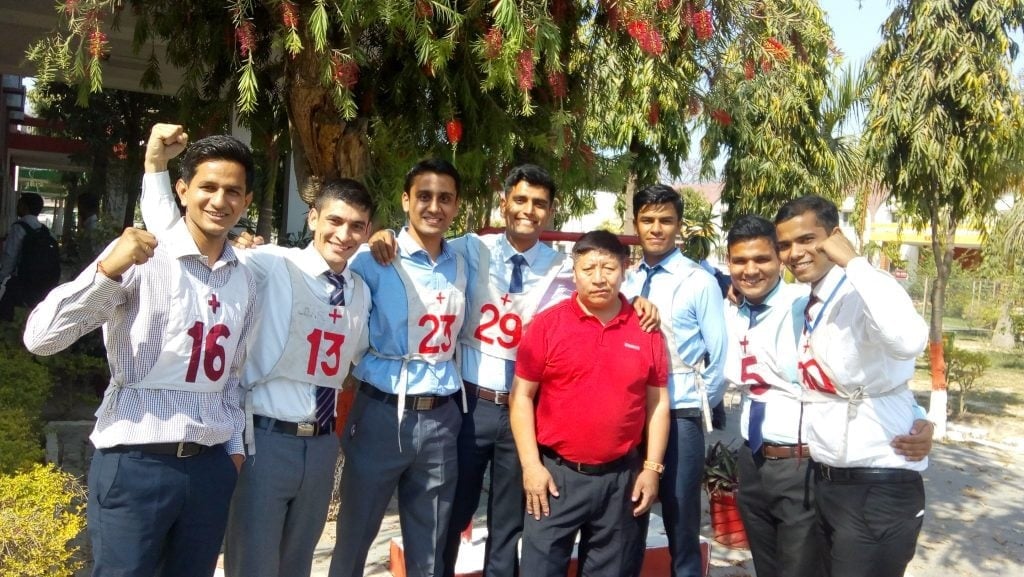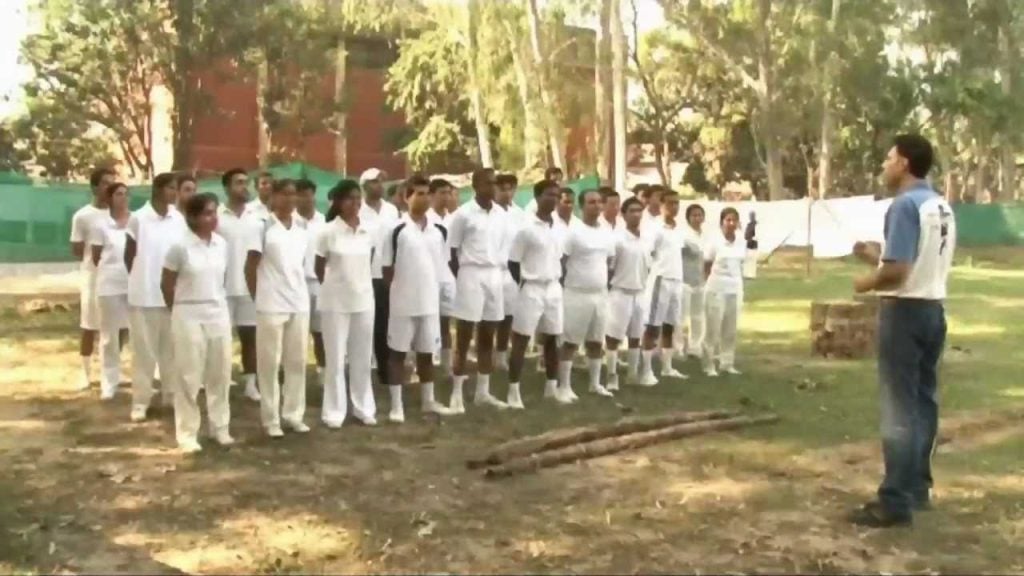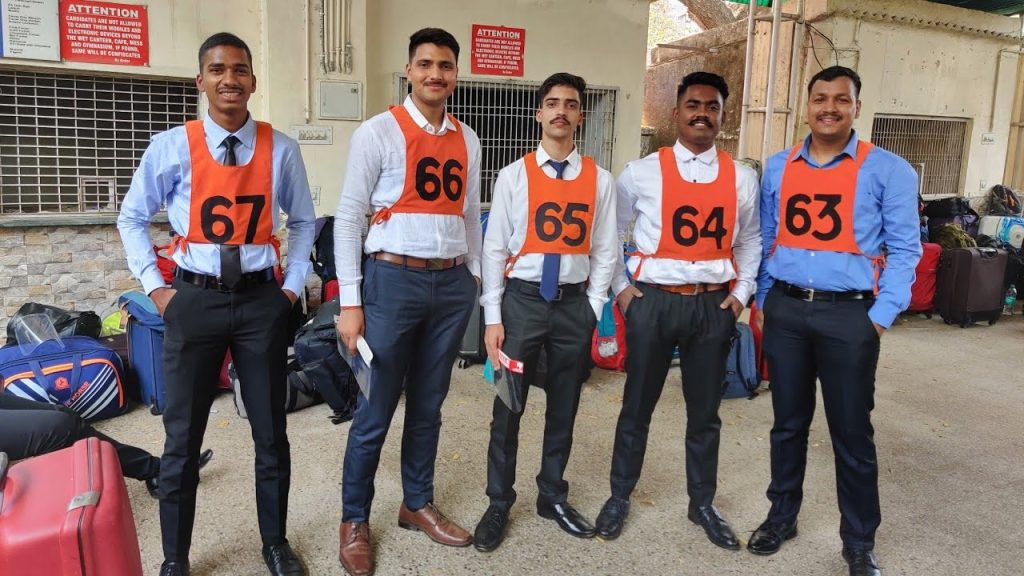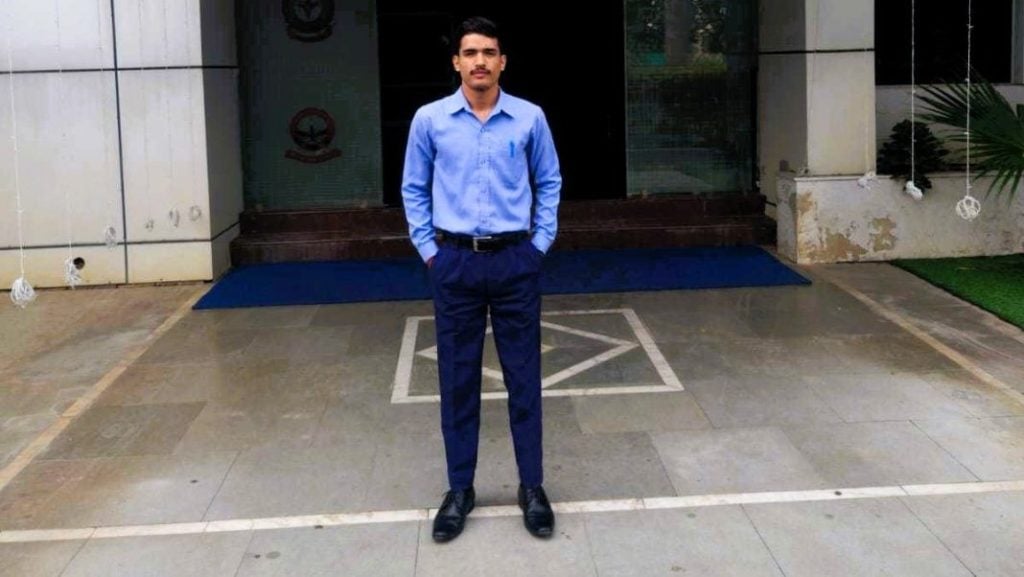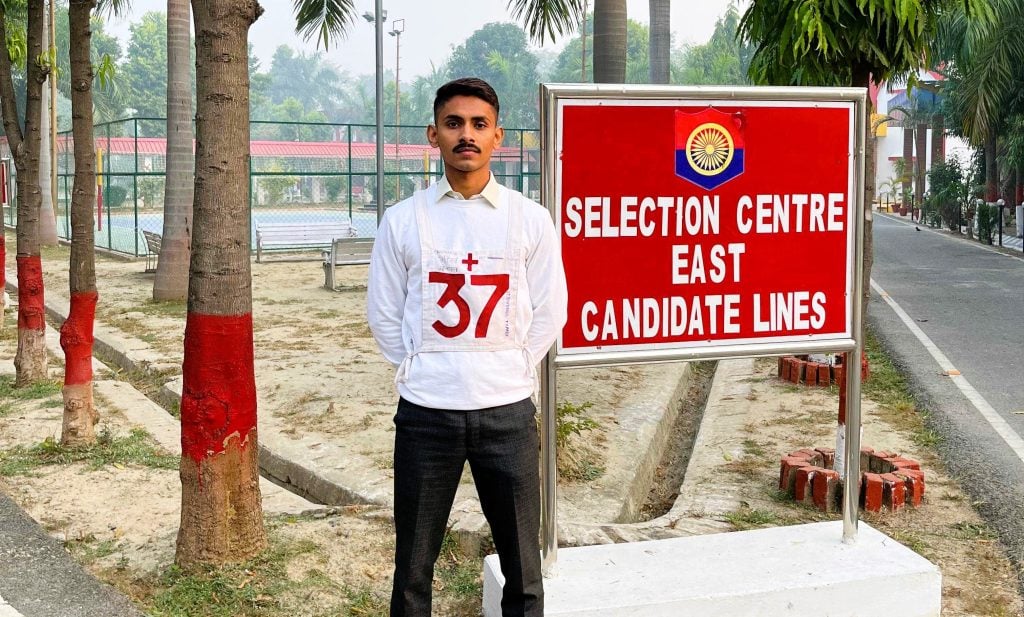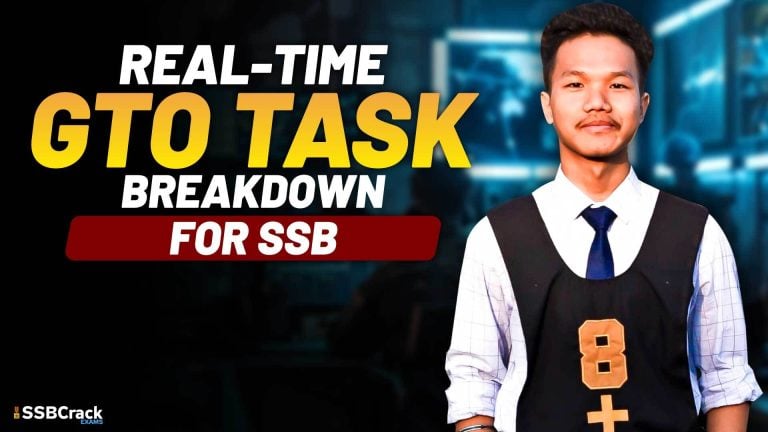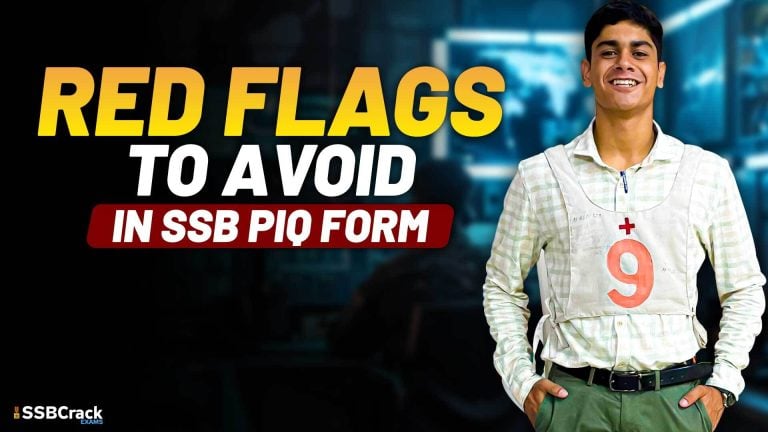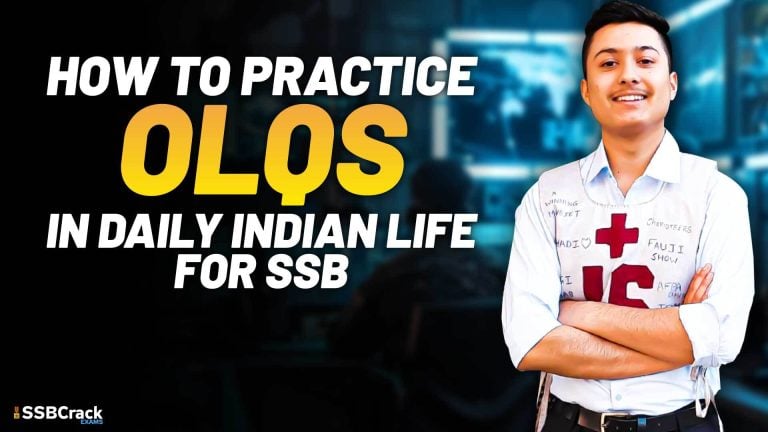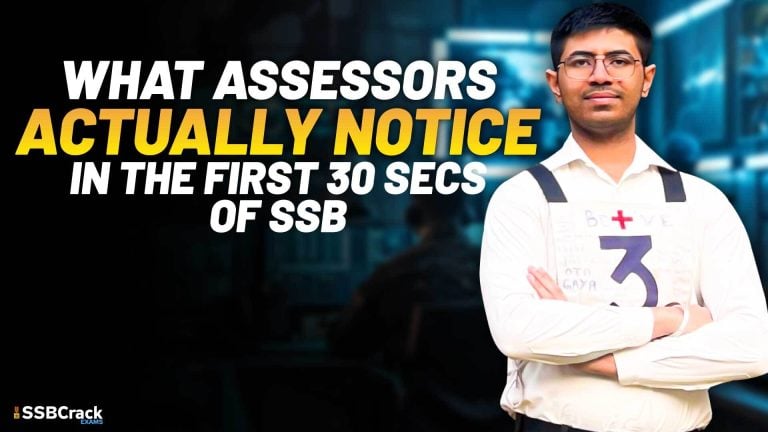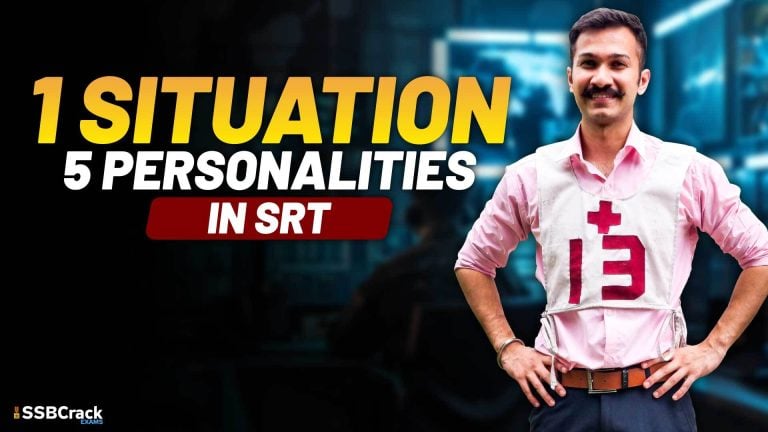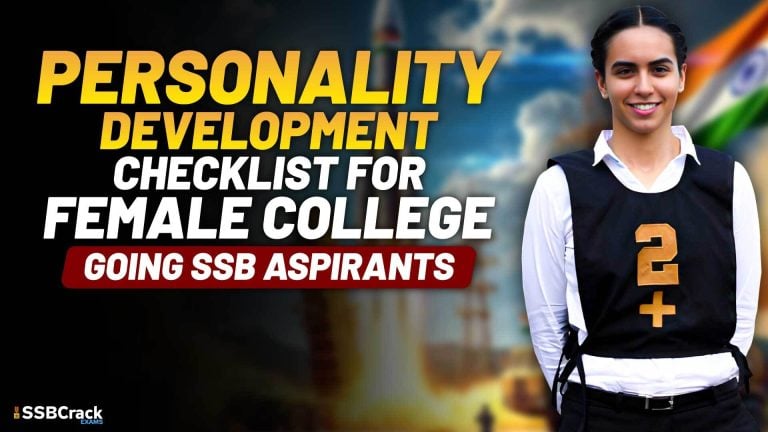The Situation Reaction Test (SRT) is a pivotal component in the Services Selection Board (SSB) interview process, particularly for candidates aspiring to join the Indian Armed Forces. This test is designed to evaluate how individuals respond to hypothetical yet realistic scenarios, offering insight into their decision-making, emotional intelligence, and leadership potential.
Given the importance of SRT in the selection process, understanding how to improve one’s responses can significantly enhance a candidate’s chances of success. Below are comprehensive strategies and insights aimed at helping candidates excel in the SRT.
Also Read | How to Crack NDA SSB Interview
1. The Role of SRT in Candidate Evaluation
The SRT serves as a critical tool for assessors to gauge various competencies essential for military service. Here are the key areas it evaluates:
- Decision-Making Skills: Candidates are tested on their ability to make quick and effective decisions under pressure. The scenarios are crafted to mimic real-life situations they may face in the armed forces.
- Emotional Intelligence: The SRT assesses how well candidates manage their emotions and understand others’ feelings. This is crucial for teamwork and leadership roles.
- Problem-Solving Abilities: Candidates must analyze complex situations and devise practical solutions, showcasing their analytical capabilities.
- Leadership Qualities: The test evaluates how candidates handle leadership roles, delegate responsibilities, and resolve conflicts.
- Adaptability: Candidates’ ability to adjust their responses based on evolving circumstances is closely observed, reflecting their readiness for dynamic military environments.
- Communication Skills: Clear and concise communication is vital in military operations, making this a key focus during the SRT.
2. Why SRT Matters for Aspiring Candidates
The SRT is not just a test; it’s a reflection of a candidate’s potential to thrive in high-pressure environments. Each response provides assessors with insights into how well candidates can function in real-world scenarios. Therefore, mastering this test is crucial for anyone looking to secure a position in the armed forces.
3. Preparing for the SRT
Familiarization with the Test Format
Understanding the layout and expectations of the SRT can greatly enhance a candidate’s performance. Here are steps to familiarize yourself:
- Research: Look into previous SRT scenarios and responses. This will help you understand the types of situations you may encounter.
- Mock Tests: Participate in practice sessions to simulate the SRT environment. This will help you manage time and stress effectively.
Developing a Strategic Mindset
A strategic approach is essential for success in the SRT. This includes:
- Goal Setting: Define what you want to achieve in the SRT. This could be improving decision-making speed or enhancing emotional responses.
- Positive Visualization: Imagine yourself successfully navigating various scenarios. This can help build confidence and reduce anxiety.
4. Effective Response Techniques
Analyzing Each Scenario
Before jumping to conclusions, it’s vital to analyze each situation presented in the SRT. Consider the following:
- Identify Key Elements: Look for the main characters, resources, and potential outcomes within the scenario.
- Evaluate Consequences: Think critically about the implications of each possible response.
Prioritizing Responses
Given the time constraints of the SRT, prioritizing your responses is crucial. Here’s how to do it:
- Assess Urgency: Determine which issues are most pressing and address those first.
- Focus on Impact: Choose responses that will have the most significant positive effect on the situation.
Staying Calm Under Pressure
Maintaining composure is essential during the SRT. Here are techniques to help:
- Breathing Exercises: Practice deep breathing to calm your nerves before and during the test.
- Mindfulness: Engage in mindfulness techniques to stay present and focused on the task at hand.
5. Practicing Regularly
Structured Practice Sessions
Regular practice is key to improving SRT responses. Consider the following methods:
- Daily Exercises: Allocate time each day to practice SRT scenarios. This will help you become more comfortable with the format.
- Group Sessions: Engage with peers to discuss and analyze different scenarios. This collaborative approach can provide new insights.
Reviewing and Reflecting
After practicing, take time to review your responses. This reflection can lead to improvement by:
- Identifying Weaknesses: Recognize areas where you struggled and focus on improving them.
- Seeking Feedback: Get input from mentors or peers to gain different perspectives on your responses.
Also Read | Top 50 Group Discussion Topics for SSB Interview 2024
6. Enhancing Emotional Intelligence
Understanding Emotions
Emotional intelligence plays a significant role in SRT performance. Here’s how to enhance it:
- Self-Awareness: Reflect on your emotional responses to various situations. Understanding your feelings can help you manage them better.
- Empathy Development: Practice putting yourself in others’ shoes to improve your understanding of different perspectives.
Stress Management Techniques
Managing stress effectively is crucial for optimal performance in the SRT. Consider these strategies:
- Physical Activity: Regular exercise can help alleviate stress and improve mental clarity.
- Relaxation Techniques: Incorporate relaxation practices such as yoga or meditation into your routine.
7. Leveraging Feedback for Improvement
Seeking Constructive Criticism
Feedback can be a powerful tool for improvement. Here’s how to use it effectively:
- Mentorship: Find a mentor who can provide guidance and constructive criticism on your SRT responses.
- Peer Reviews: Engage in peer review sessions to gain insights from fellow candidates.
Implementing Changes
Once you receive feedback, it’s essential to implement changes. This can be done by:
- Setting Specific Goals: Based on the feedback, set clear, achievable goals for your next practice session.
- Tracking Progress: Keep a record of your improvements over time to stay motivated.
8. Building Leadership Skills
Taking Initiative
Demonstrating leadership potential in the SRT is crucial. Here are ways to showcase this:
- Decision-Making: Be proactive in making decisions, even in challenging scenarios.
- Conflict Resolution: Show your ability to mediate and resolve conflicts effectively.
Learning from Leaders
Study the leadership styles of successful military figures. Consider the following:
- Biographies: Read about renowned leaders in military history to understand their decision-making processes.
- Leadership Workshops: Attend workshops or seminars focused on leadership skills to enhance your understanding.
9. Adapting to Change
Developing Flexibility
Adaptability is key in the dynamic environments of the military. Here’s how to cultivate it:
- Embrace Change: Practice being open to new ideas and approaches during your preparation.
- Scenario Variation: Expose yourself to a variety of SRT scenarios to build your adaptability.
Problem-Solving Under Pressure
Enhance your problem-solving skills by:
- Working on Puzzles: Engage in activities that challenge your critical thinking and problem-solving abilities.
- Real-Life Applications: Apply problem-solving techniques in everyday situations to become more adept.
10.Communication Skills Enhancement
Effective Expression
Clear communication is vital in military operations. Here’s how to improve:
- Practice Articulation: Work on expressing your thoughts clearly and concisely during practice sessions.
- Active Listening: Develop your listening skills to better understand scenarios and respond appropriately.
Group Discussions
Engage in group discussions to enhance your communication skills. This can involve:
- Debates: Participate in debates on various topics to practice articulating your thoughts under pressure.
- Role-Playing: Engage in role-playing exercises to simulate real-life scenarios requiring effective communication.
Also Read | Top 25 SRT Questions Asked in SSB Interviews
Conclusion
Mastering the Situation Reaction Test (SRT) is essential for candidates aspiring to join the Indian Armed Forces. By employing these proven tips to improve SRT responses, candidates can enhance their decision-making abilities, emotional intelligence, and overall performance. Regular practice, effective analysis, and a strategic mindset will not only prepare candidates for the SRT but also equip them with essential skills for their future military careers.
FAQs
1. What is the Situation Reaction Test (SRT)?
The SRT is a component of the SSB interview process that evaluates candidates’ responses to hypothetical scenarios, focusing on their decision-making and emotional intelligence.
2. How can I prepare for the SRT?
Preparation involves familiarizing yourself with the test format, practicing regularly, and developing a strategic mindset.
3. Why is emotional intelligence important in the SRT?
Emotional intelligence helps candidates manage their emotions and understand others, which is crucial for teamwork and leadership in military settings.
4. What are some effective techniques for staying calm during the SRT?
Breathing exercises, mindfulness techniques, and physical activity can help reduce stress and maintain composure during the test.
5. How can I seek feedback for improvement?
Engage with mentors or peers to gain constructive criticism on your SRT responses, and use this feedback to refine your approach.
